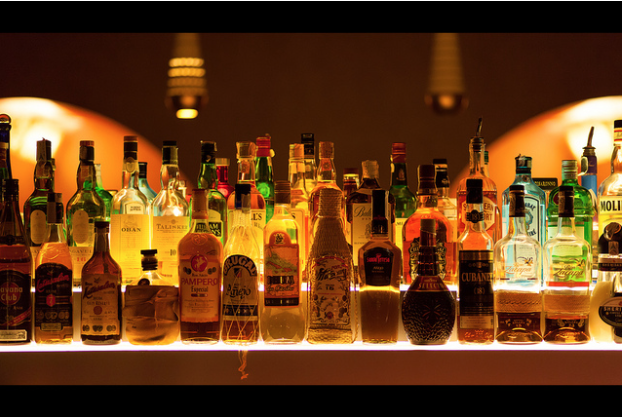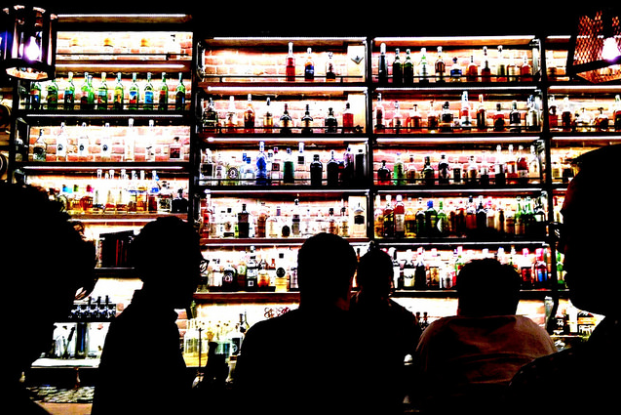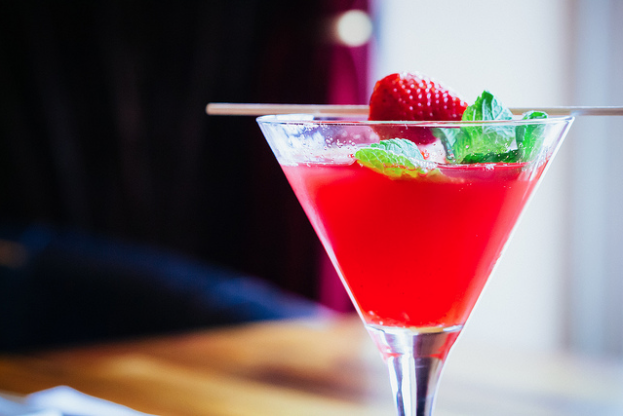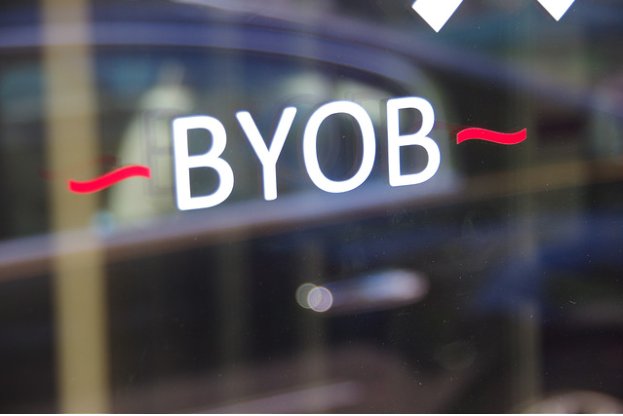 (Source: Flickr)
(Source: Flickr)
If you’re in the process of opening a restaurant and you’d like to have a bar, or if you’re considering adding alcohol to your menu, obtaining a liquor license is an important consideration for your establishment.
If you want to sell alcohol in your restaurant, a liquor license is required by law. Depending on the region or state that you live in, there may be different rules or regulations governing liquor licenses, including how easy they are to obtain, and how much they cost.
For some establishments, a liquor license is the gateway to increased profits and financial stability. For others, the process proves so daunting and expensive that they choose to go without. So which is the right choice for your restaurant?
This post is designed to help you determine whether or not your restaurant needs a liquor license. Ask yourself these 8 questions to help figure out if a liquor license is right for your establishment!
- Do you want a liquor license? Before taking any other steps, it’s important to consider whether or not you actually want a liquor license for your restaurant. For instance, say you are interested in opening a casual establishment which serves homestyle breakfast and lunch. If you’re planning on closing for the day at 2pm, you might not have the potential to sell as much liquor as an establishment that is open for dinner and late night dining. In that case, a liquor license might not be of great interest.
There are plenty of other reasons why you might not want to pursue obtaining liquor license. These might include (but are not limited to) ethical, health, or religious reasons. Regardless of the reason, if you don’t want a liquor license for your restaurant, then it’s possible that your decision is made already!
 (Source: Flickr)
(Source: Flickr)
- Do you know the process of obtaining a liquor license in your region? The process of obtaining a liquor license can vary greatly from state to state, and even from region to region. To learn what steps are involved in your particular state, visit the Alcohol and Tobacco Tax and Trade website, which lists individual links to each US state’s beverage control board. Learning the process involved in your region is an important step which can help you decide whether or not a liquor license makes sense for your establishment; it will also help you answer the succeeding questions.
- Is your establishment eligible for a liquor license? Different rules and regulations govern different areas when it comes to obtaining a liquor license. Read through the eligibility requirements for obtaining a liquor license immediately, so that you can determine if you will have difficulty meeting any of them. Certain criteria, such as being over 21 yourself, or having a seller’s permit, are non-negotiable. However, others, such as rules within your zoning or residency requirements, may be waived if you put in some time and paperwork.
- Do you have time to obtain a liquor license? In some regions, the process of obtaining a liquor license can be somewhat drawn out and approvals can take quite some time–sometimes upwards of a year. Well, what happens if your restaurant is scheduled to open in two weeks but the liquor license approval process is known to take a long time in your state? It is possible to open your restaurant without a liquor license, but you will not be able to serve alcohol until you obtain the license. So whether you like it or not, your establishment might need to be “dry” at the beginning.
 (Source: Flickr)
(Source: Flickr)
- Will offering liquor benefit your restaurant? For many restaurants, liquor proves a high-profit item which pleases customers, drives restaurant sales, and encourages customers to order more food. But it’s not the case for every restaurant. Really consider if offering liquor will work with your restaurant’s concept. For example, say you’re opening a paleo-friendly restaurant. Alcohol doesn’t always figure into that type of diet, so you might not do a brisk business in liquor sales, and it might not be worth the time and energy required to obtain a liquor license. Really consider if offering liquor will be in line with your restaurant’s offerings and goals.
- Can you afford it? The cost of a liquor license can vary quite a bit from state to state. Where in one state it might be a few thousand dollars, in another, it could fetch hundreds of thousands of dollars. If you are opening a start-up restaurant and you live in a region where the liquor licenses cost upwards of half a million dollars, it might not be a necessary investment for your fledgling project.
 (Source: Flickr)
(Source: Flickr)
- What types of liquor licenses are available in your state or region? There’s not just one type of liquor license. There are actually a number of different types of liquor licenses available to restaurants which you can consider. For instance, while a license to sell hard liquor might be prohibitively expensive for your restaurant, a license to sell beer and wine might be much more affordable, making that a better choice for your establishment. In some states, you can obtain a “BYOB” license, wherein you don’t serve and sell alcohol in your establishment, but customers may bring their own. The types of liquor licenses can vary by region, so be sure to research the options.
- Will you be able to follow the rules? The power to sell liquor in your establishment comes with responsibility. Will you be able to meet the responsibilities required, including making sure that your licenses and permits are up to date, being sure to check customer IDs, and whatever other rules might be in effect in your region? If you don’t think you’ll be able to follow these rules to the letter, your restaurant might not need a liquor license; it might create more trouble than it is worth!
Conclusion: For some restaurants, a liquor license is a gateway to sales; for others, it can prove a huge headache. Whether or not your restaurant needs a liquor license is ultimately up to you. But by taking the time to consider these important questions, you’ll be better able to determine if a liquor license is worthwhile and appropriate for your business.
Do you consider a liquor license necessary?


